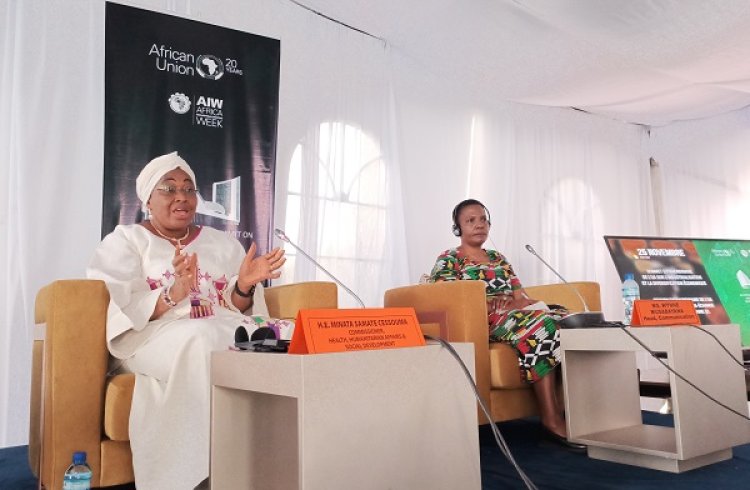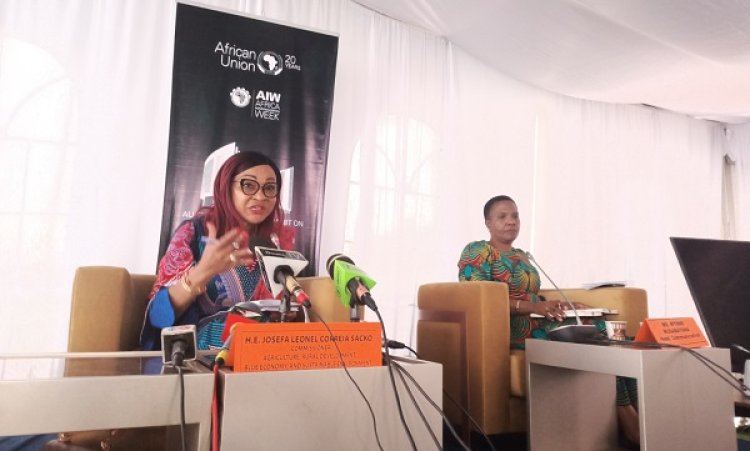Just weeks to the reopening of academies for the 2022-2023 school year on September 26, the education regulator heed parents’ concerns over the rising cost of education instigated by constant spike in fees and other costs charged by public schools across the country.
The ministry of education announced uniform fees for all public schools and those aided by government.
The reforms could end constant changes in fees structures that have seen many boarding public academies, and day ones alike, ‘exploit’ parents in ways that increasingly locked out learners from the poor and low income families.
According to the new directive, per term school fees were fixed at maximum Rwf85,000 ($80.4) and Rwf19,500 ($18.4) at public boarding and day academies respectively.
The education sector regulator also imposed restrictions on other requirements a parent can be subjected to, definitely scrapping things like hoes, rubber mops, ream of papers and all the others that schools obliged parents to purchase – mostly at shop and prices determined by school managers.
Immovable assets
Equally, the directive doesn’t mention anything like contributions towards acquisition of movable or immovable properties like vehicles, power generators, and putting up things like fences, multipurpose conference halls, and the likes.
Some of these were multimillion franc assets in value, which parents paid for through top-up to school fees over a long period of time, yet had no avenue to claim shareholding.
In particular, poor and low income parents will breathe a sigh of relief as they were the most affected by rising education costs at public and government aided schools that established themselves as academies of excellence.
With a system that awards schools to primary and O level finalists based on merit, the disparity in school fees created a situation where high performing learners from poor backgrounds find it hard to enter ‘excellent’ schools.
Around the reopening of schools last year, I penned an Editorial in Rwanda Today publication in which I told a story of one Laurent Ndabateze, a parent in Musanze District whose children were robbed of a chance to pursue education in schools they worked hard for because fees were exorbitant.
This is a parent who had been sending his young girls to the nine-year basic education schools for ordinary level.
However, when they excelled in national exams and sent to best performing public boarding schools, he realized it would be too expensive.
Not alone
Hundreds other low income or poor parents with children who performed well in primary and O level national examinations have had to seek reorientation of their children to academies with relatively affordable fees structure after finding fees charged by newly allocated schools beyond reach.
Therefore, it is every parent’s hope that the just introduced reforms in school fees structure are coming to bring equity in access to public education, allowing the poor to access any public school in the country.
The education regulator should completely eradicate disparity that has for long seen public education in urban settings or in relatively better resourced and staffed establishments become too costly for the poor.
It remains to be seen how the reforms help the situation in practice, and how its enforcement roots out all the other avenues schools would use to exploit parents.
Also read: Rwanda raises teachers’ pay to curb turnover, retain skilled tutors
All this happened at the hands of regulations that were meant to deter school heads from imposing ‘unjustifiable’ cost burden on parents through fees adjustment.
Previous rules indicated that schools could only increase fees after consulting parents, and this had to be okayed by District authorities.
However, the fact that outcries over spike in fees persisted is an indication that the rules never worked and no oversight was exercised.
The remaining unanswered questions surround how schools will navigate genuine concerns about funding deficits as they face increased inflationary pressures at a time treasury allocations are yet to meet routine operational costs.
Costs of most foodstuffs schools spend on have gone up significantly, and this equally affected bills of non-food items like water, power and cooking fuels and others.
Also read: BACK TO SCHOOL: Parents, inflation and the fees dilemma
Schools are equally grappling with logistics associated with operationalizing the expanded meal programme after government kept allocation to the scheme unchanged at Rwf56 ($0.05) per learner per day.









